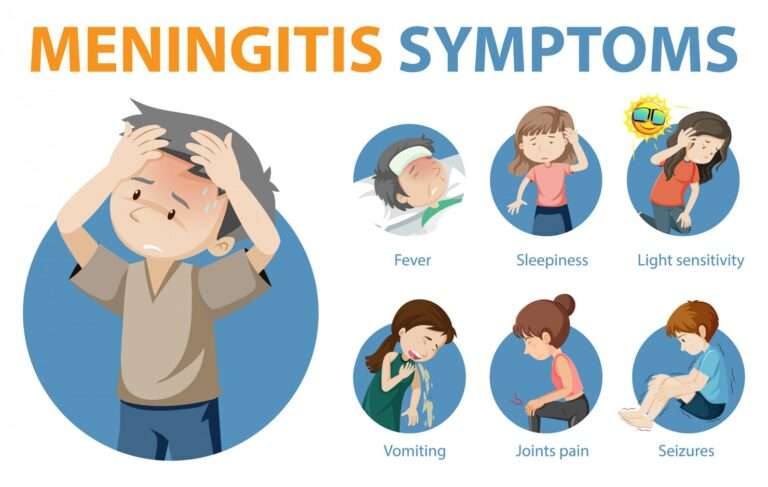Neuromuscular disorders in children
Neuromuscular disorders in children are a group of conditions that affect the muscles and the nerves that control them. These disorders can range from mild to severe and can be caused by genetic mutations, autoimmune processes, or other underlying factors. Here are some common types of neuromuscular disorders in children:
- Duchenne Muscular Dystrophy (DMD):
- Definition: DMD is a genetic disorder that leads to progressive muscle weakness and wasting.
- Symptoms: Children with DMD typically experience muscle weakness that begins in early childhood, difficulty walking, and may require a wheelchair as they get older. Heart and respiratory muscles can also be affected.
- Spinal Muscular Atrophy (SMA):
- Definition: SMA is a genetic disorder characterized by the loss of motor neurons in the spinal cord, leading to muscle weakness.
- Symptoms: SMA can vary in severity but often results in muscle weakness and atrophy, respiratory difficulties, and problems with mobility and motor function.
- Myasthenia Gravis (MG):
- Definition: MG is an autoimmune disorder that affects the neuromuscular junction, causing muscle weakness.
- Symptoms: Children with MG may experience muscle weakness that worsens with activity and improves with rest. Symptoms can affect various muscle groups, including those involved in chewing and swallowing.
- Charcot-Marie-Tooth Disease (CMT):
- Definition: CMT is a group of inherited neuropathies that affect the peripheral nerves, leading to muscle weakness and sensory deficits.
- Symptoms: Children with CMT may have difficulty walking due to muscle weakness and foot deformities. Sensory changes, such as numbness and tingling, are also common.
- Congenital Myopathies:
- Definition: Congenital myopathies are a group of genetic muscle disorders that manifest at birth or in early childhood.
- Symptoms: Children with congenital myopathies may have generalized muscle weakness, low muscle tone (hypotonia), and difficulties with motor development.
- Metabolic Myopathies:
- Definition: Metabolic myopathies are genetic conditions that affect the body’s ability to produce or use energy within muscle cells.
- Symptoms: These disorders can cause muscle weakness, cramps, and exercise intolerance. Symptoms may worsen during physical activity or when fasting.
- Guillain-Barré Syndrome (GBS):
- Definition: GBS is an autoimmune disorder that affects the peripheral nervous system, leading to muscle weakness.
- Symptoms: In children, GBS can develop suddenly and cause muscle weakness, usually starting in the legs and sometimes progressing to involve respiratory muscles. It often follows a viral infection.
- Friedreich’s Ataxia (FA):
- Definition: FA is a genetic neuromuscular disorder that affects coordination and muscle control.
- Symptoms: Children with FA may experience problems with balance, coordination, and muscle weakness, often leading to difficulties with walking.
Treatment and management of neuromuscular disorders in children aim to alleviate symptoms, improve function, and slow disease progression. Treatment approaches may include:
- Physical and Occupational Therapy: These therapies can help improve mobility, muscle strength, and activities of daily living.
- Medications: Some neuromuscular disorders may be managed with medications that address specific symptoms or slow disease progression.
- Orthopedic Interventions: In cases of severe muscle weakness and deformities, orthopedic surgeries like tendon transfers or corrective procedures may be recommended.
- Supportive Care: Providing adaptive equipment and devices to aid mobility and daily living can improve a child’s quality of life.
- Genetic Counseling: Genetic counseling can help families understand the genetic basis of the disorder and make informed decisions about family planning.
- Respiratory Support: In cases where respiratory muscles are affected, children may require respiratory support, including non-invasive ventilation or tracheostomy.
It’s essential for children with neuromuscular disorders to receive early diagnosis and ongoing care from a multidisciplinary team of healthcare professionals, including neurologists, physical and occupational therapists, genetic counselors, and orthopedic specialists. Early intervention and comprehensive care can significantly improve a child’s prognosis and quality of life.
------------From our Sponsors------------









